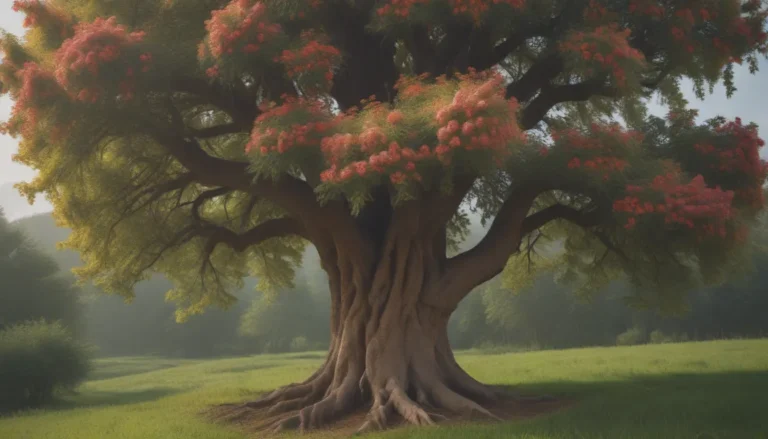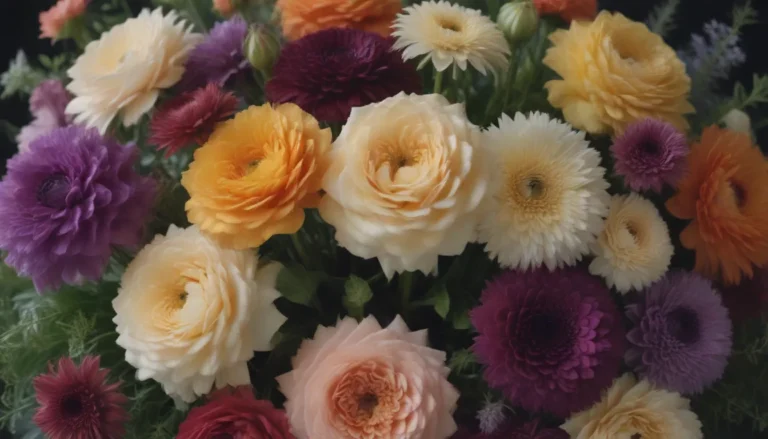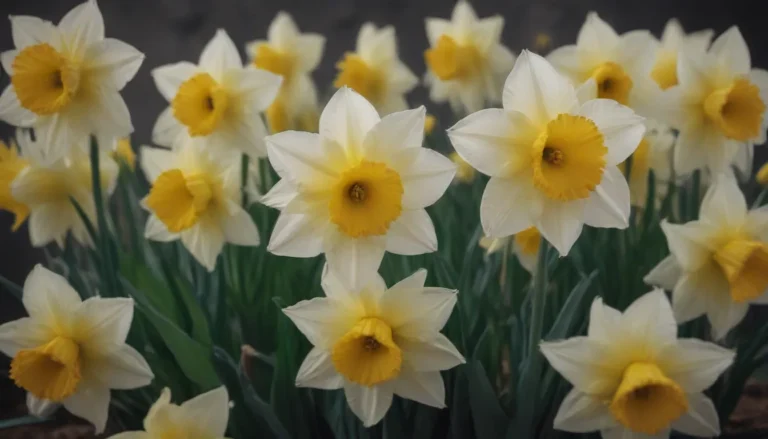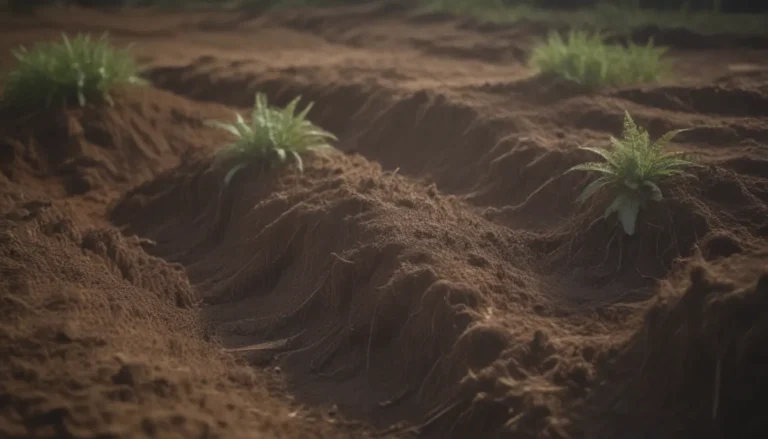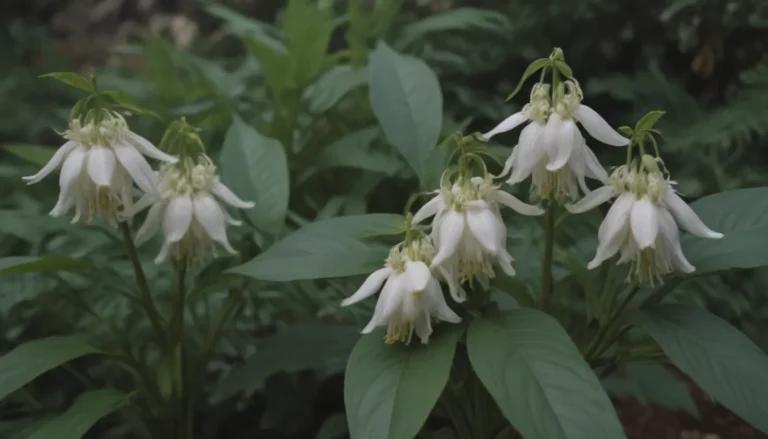The Benefits of Using Coffee for Plants: How to Properly Utilize Grounds and Liquid Coffee

In the world of gardening, it’s not uncommon to come across people who swear by using coffee to help their plants thrive. But is coffee really good for plants? The answer is a resounding yes, but there are specific ways to use it effectively to ensure your plants receive the benefits without any negative consequences.
Understanding the Benefits of Coffee for Plants
Using leftover coffee or coffee grounds in your garden can offer various benefits to your plants, thanks to the nitrogen content found in coffee. Nitrogen is essential for plant growth, and providing it through coffee can act as a natural fertilizer for both indoor and outdoor plants.
How Often to Water Plants With Coffee
While it might be tempting to pour your leftover coffee into your plants daily, it’s best to stick to a once-a-week routine when using coffee as a fertilizer. Overdoing it can lead to issues like yellowing foliage or brown tips on leaves, indicating that the soil may be becoming too acidic. To prevent this, try watering your plants with coffee once every two to four weeks and monitor how they respond to the reduced schedule.
Coffee-Loving Plants and Vegetables
Certain plants thrive in slightly acidic soil, making them the perfect candidates for a weekly dose of coffee or coffee grounds. Plants like roses, blueberries, and beans are known to benefit from the added acidity that coffee provides. However, it’s essential to be mindful of the specific needs of your plants, as some may prefer a more neutral pH level.
Here is a list of plants that may enjoy a sip of your leftover coffee:
- Houseplants:
- Peace Lily
- Spider Plant
- Outdoor plants, trees, and shrubs:
- Rhododendron
- Azalea
- Vegetables and fruits:
- Blueberries
- Tomatoes
Utilizing Leftover Coffee Grounds
In addition to using liquid coffee as a fertilizer, coffee grounds can also be a valuable resource in your garden. When added to compost piles or sprinkled directly onto the soil, coffee grounds can provide a boost of nitrogen and even act as a mild acid fertilizer for acid-loving plants. Worms are particularly fond of coffee grounds, making them a welcome addition to outdoor compost piles or vermicompost bins.
Gardening Tips:
- Natural Pest Control: Coffee grounds can deter pests like slugs, snails, and ants.
- Environmental Consideration: Used tea leaves can also be used as a soil enhancer for acid-loving plants and added to compost piles.
Myth Busting:
- While coffee grounds may deter cats from entering your garden, their effectiveness against rabbits and other rodents is inconclusive.
- Coffee grounds are unlikely to deter deer, who have voracious appetites and may not be phased by the aroma.
Making the Most of Liquid Coffee
Liquid coffee can also be beneficial for plants, but it’s essential to dilute it with water before use, especially if it’s strong. Some plants, such as azaleas and blueberries, thrive on the acidity of coffee, while others like tomatoes and lavender may not fare as well. Before using liquid coffee as a fertilizer, always check your plant’s preferences for soil pH to avoid any negative effects.
Additional Tips:
- Watering Routine: Stick to watering your plants with coffee once a week to prevent soil acidity issues.
- Storage: If you’re not using all your leftover coffee at once, store it separately in a container for weekly use.
In conclusion, coffee can be a beneficial addition to your plant care routine when used correctly. Whether you opt for liquid coffee or coffee grounds, incorporating this natural fertilizer can help nourish your plants and promote healthy growth. Remember to pay attention to your plant’s specific needs and adjust your coffee regimen accordingly to ensure optimal results in your garden. Whether you’re a coffee lover or not, your plants may just thank you for that extra sip of java!
